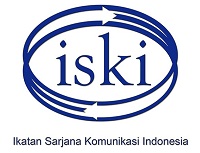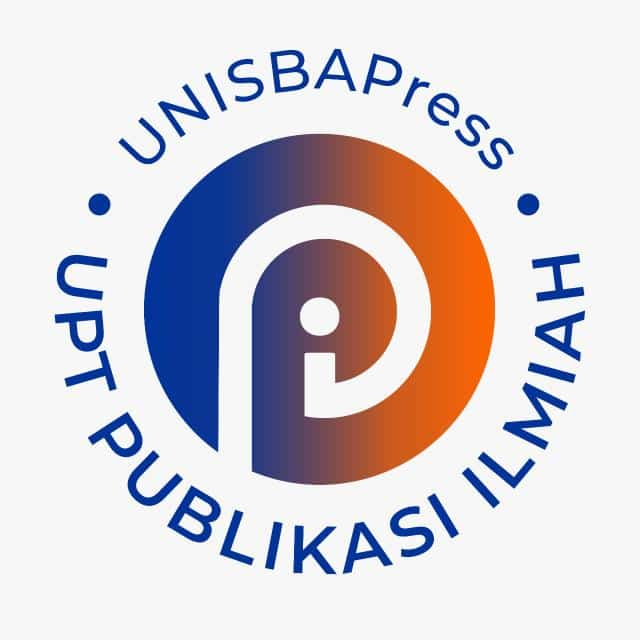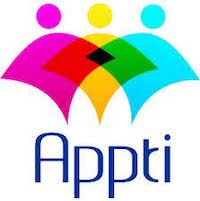Analysis of CyberMedia Ethical Code Violations on Online News Media
DOI:
https://doi.org/10.29313/mediator.v16i2.2511Keywords:
Media Online, Ethical Code, Violation Factor, Press Council, Cyber MediaAbstract
The background of this research is a repeatedly ethical code violation by online media in Indonesia. Whereas on June 2020, Press Council warned the media, through a memorandum Number: 01/Seruan-DP/VI/202, to call every media, including online media, to work professionally in the news reporting about public issues. Therefore, the objective of this research was to find out the contributing factors of journalistic ethical code violations. In addition, this research also seeks to formulate solutions to minimize the violations. This research employed a constructive approach with a qualitative method. The data were collected through news observation in the three selected online media over the period of three months and through in-depth interviews with several informants. Several groups of informants are involved in this research, with the managers of the selected online media as primary informants. The secondary informants in this research are supervisory organizations or media observers verified by the Press Council, academicians/experts, and representatives of the Press Council. The research shows that the status of online media organizations influences the repeatedly journalistic ethical code violations. For example, verified online media by Press Council violates the ethical code more repeatedly than unverified online media.References
Alfani, H. (2020). Local Newspaper Strategy to Survive in the Digital Era. Mediator: Jurnal Komunikasi, 13(1). https://doi.org/10.29313/mediator.v13i1.5788
Bassar, E. et al. (2020). Survei Indeks Kemerdekaan Pers 2020. dewanpers.or.id
Bertrand, C. J. (2018). Media ethics and accountability systems. In Media Ethics and Accountability Systems. https://doi.org/10.4324/9781351289641
Blood, R. (2002). The Weblog Handbook: Practical Advice on Creating and Maintaining Your Blog. In Library Journal (Vol. 127, Issue 13).
Burkholder, C. (2009). Journalism ethics citizen journalism blogging”, Journalism Ethics for the Global Citizen. Www.Journalismethics.Info/Citizen_journalism/Blogging.Htm.
Christofoletti, R., & Gaia, G. O. (2018). Law and privacy protection in journalistic codes of conduct. Media e Jornalismo, 18(32). https://doi.org/10.14195/2183-5462_32_4
Debatin, B. (2011). Ethical Implications of Blogging. In The Handbook of Global Communication and Media Ethics (Vol. 2). https://doi.org/10.1002/9781444390629.ch42
Journalistic Code of Ethics, Pub. L. No. No. 03/SK-DP/III/2006 (2006). https://dewanpers.or.id/kebijakan/peraturan
Dewan Pers Indonesia. (2022, April 8). Data Perusahaan Pers. Https://Dewanpers.or.Id/Data/Perusahaanpers.
Dimitha, D. V., Saleh, R., & Anisah, N. (2017). Pelanggaran Kode Etik Jurnalistik Pada Media Online AJNN. Jurnal Ilmiah Mahasiswa FISIP Unsyiah, 2(3).
Friend, C., & Singer, J. (2020). Bloggers and Other “Participatory Journalists.” In Online Journalism Ethics: Traditions and Transitions. https://doi.org/10.4324/9781315702025-13
Garini, T., & Besman, A. (2018). Praktik Jurnalisme Kloning di Kalangan Wartawan Online. Mediator: Jurnal Komunikasi, 11(1). https://doi.org/10.29313/mediator.v11i1.2736
Gonzalez, F. G., & Lecaros, M. J. (2020). The concept of self-regulation and the ethics council of the media federation of Chile. Journal of Information, Communication and Ethics in Society, 18(4). https://doi.org/10.1108/JICES-11-2019-0127
Jiménez Vinuesa, C., & Nicolás-Sans, R. (2023). Ethical journalism vs digital journalism. VISUAL Review. International Visual Culture Review / Revista Internacional de Cultura , 10. https://doi.org/10.37467/revvisual.v10.4623
Kriyantono, R. (2006). Teknik Praktis Riset Komunikasi, Jakarta: Kencana. In Prenada Group.
Kuhn, M. (2007). Interactivity and Prioritizing the Human: A Code of Blogging Ethics . Journal of Mass Media Ethics, 22(1). https://doi.org/10.1080/08900520701315244
Manan, B. (2011). Menjaga Kemerdekaan Pers di Pusaran Hukum. Dewan Pers.
Mauri, R. M. (2015). Los mecanismos tradicionales de autorregulacion. Http://Hdl. Handle.Net/10230/23594.
Mauri-Ríos, M., Marcos-García, S., & Zuberogoitia-Espilla, A. (2020). Analysis of professional perceptions relating to the effectiveness of codes of ethics for journalists in Spain. Journal of Information, Communication and Ethics in Society, 18(4). https://doi.org/10.1108/JICES-11-2019-0123
McQuail, D. (1997). Teori Komunikasi Massa, Suatu Pengantar. In Jakarta: Erlangga.
Miles, M. B., & Huberman, A. M. (1984). Qualitative Data Analysis : Handout. A Sourcebook of New Methods. California; SAGE Publications Inc., 1–8.
Nasrul, E. (2023, January 3). Dewan Pers: Media Digital Paling Banyak Langgar Aturan. Https://News.Republika.Co.Id/Berita/Ron147451/Dewan-Pers-Media-Digital-Paling-Banyak-Langgar-Aturan.
O’Reilly, T. (2007). Draft Blogger’s Code of Conduct. Http://Radar.Oreilly.Com/Archives/ 2007/04/Draft-Bloggers-1.Html.
Pande, S. (2017). Ethics in citizen journalism: incident of teenage girl molestation in India. Journal of Information, Communication and Ethics in Society, 15(1). https://doi.org/10.1108/JICES-05-2016-0017
Pratama, K. A. (2019). Implementasi Pedoman Pemberitaan Media Siber dalam Meningkatkan Kredibilitas Media Republika.co.id. Jurnal FISIP Universitas Djuanda Bogor.
Putra, R. P., Rachmawati, I., & Cholifah, Y. W. (2021). Digital Information Media of the Salman ITB Halal Center in improving Marketing Performance of Halal Lecture Program. Mediator: Jurnal Komunikasi, 14(1). https://doi.org/10.29313/mediator.v14i1.6992
Roberts, J. (2019). The erosion of ethics: from citizen journalism to social media. Journal of Information, Communication and Ethics in Society, 17(4). https://doi.org/10.1108/JICES-01-2019-0014
Sugiyono. (2016). Memahami Penelitian Kualitatif. Bandung: Alfabeta.
Tatipang, R. A. (2013). Fenomena Pelanggaran Kode Etik Jurnalistik Pasal 12 Tahun 2008 Di Media Online Manado Post. II(4).
Wasserman, E. (2006). Ethical Journalism in Theinternet Age. Http://Ewasserman.Com.
Downloads
Published
Issue
Section
License
Copyright (c) 2023 Author

This work is licensed under a Creative Commons Attribution-ShareAlike 4.0 International License.























